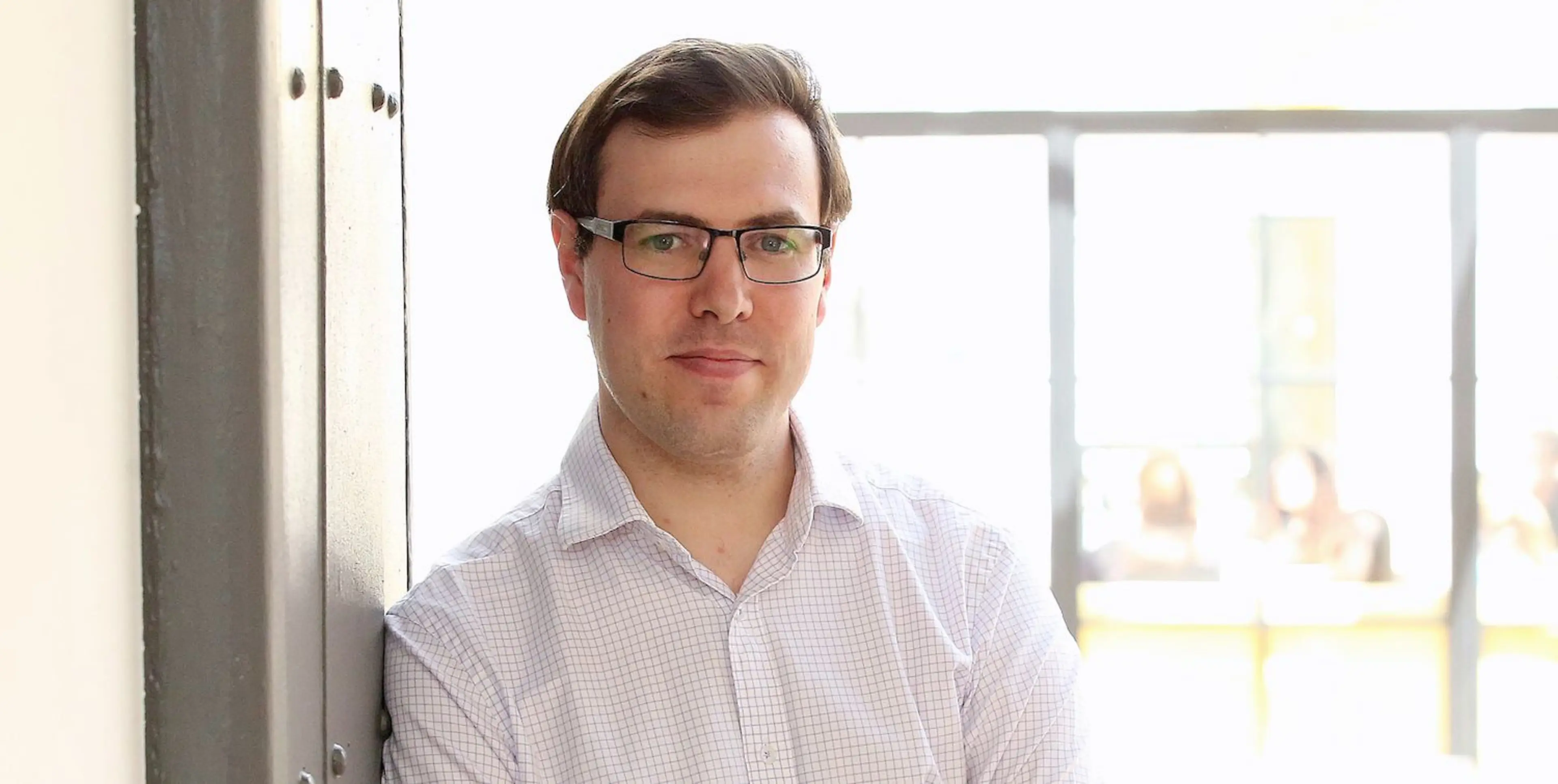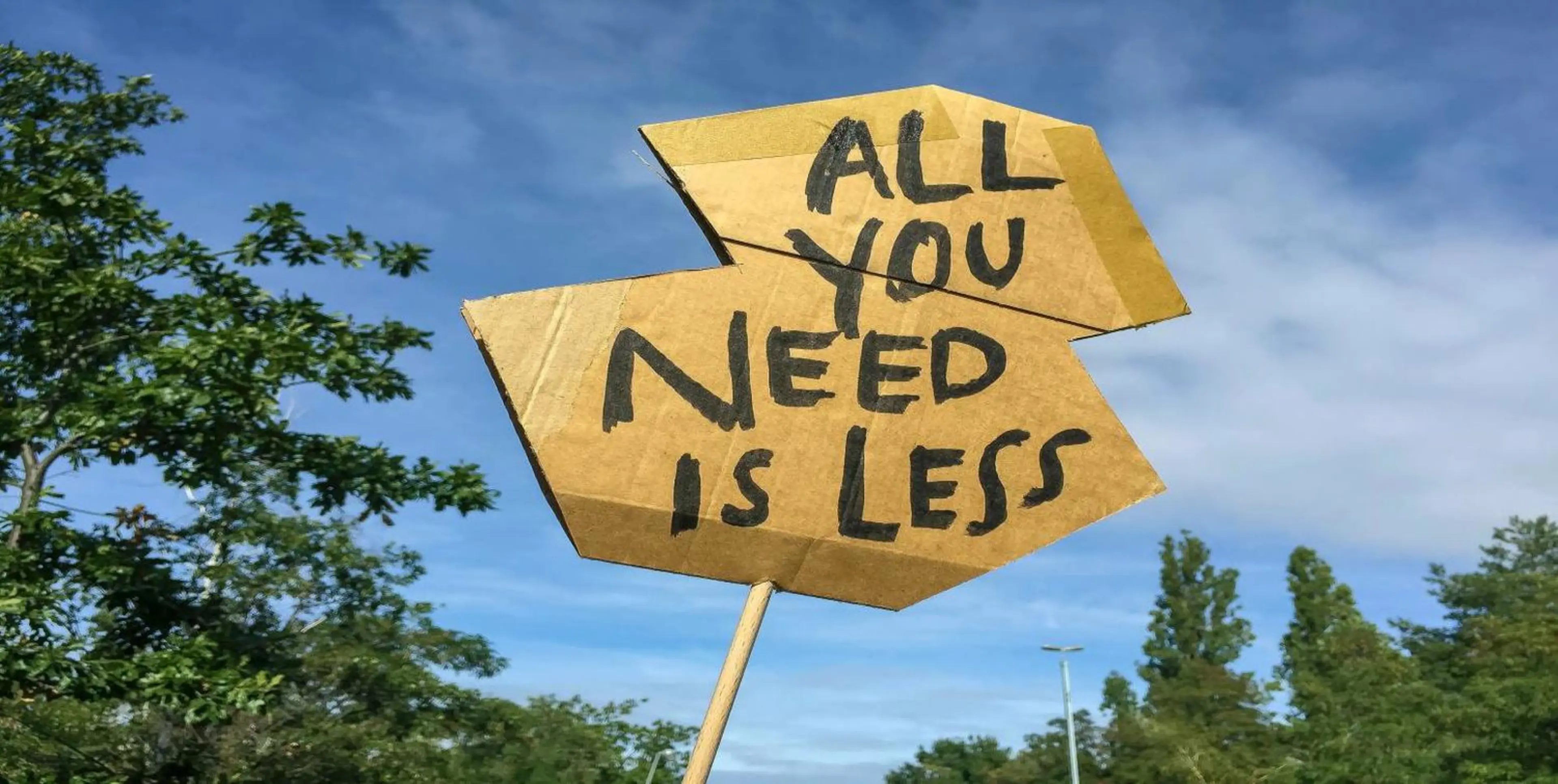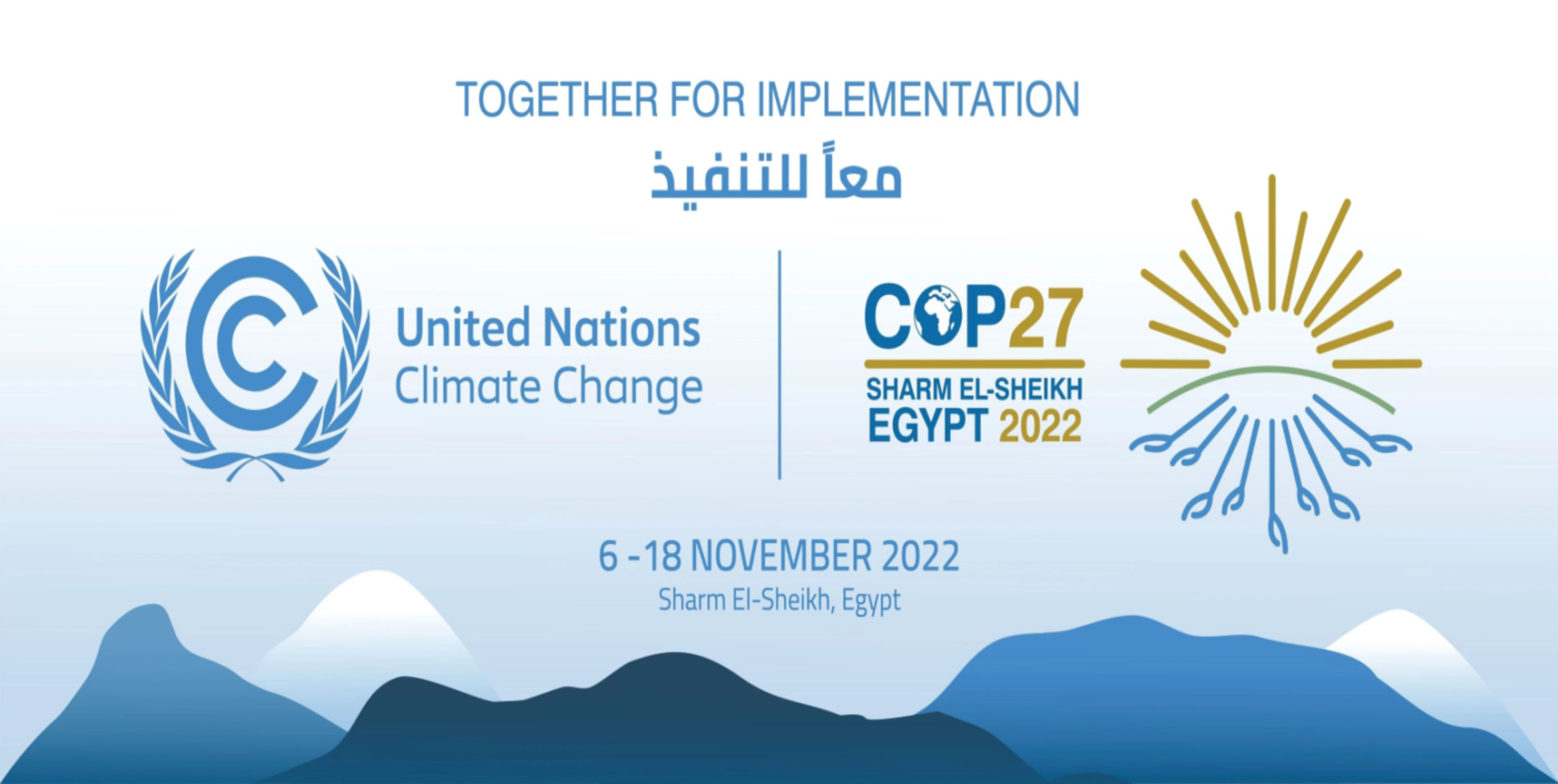Pinwheel’s Rob Cheesewright sets out why businesses looking to fund emissions reduction outside their direct value chain should steer clear of compensation-based claims
Tackling climate change has become a corporate imperative. Increasingly business leaders understand that repairing the planet is not only the right thing to do, but also the shrewd thing to do.
Climate change, biodiversity loss and waste crises have come to represent a significant set of business risks. Climate change is already slowing economic growth. We only have between six and 11 years of global carbon budget left, if emissions remain at current rates, else we breach 1.5C of warming. We're already witnessing the impacts of climate change, with warming roughly 1.2C above pre-industrial levels and we are now likely in the sixth mass extinction, a period of alarming biodiversity loss. Business know they need to play their part in tacking these crises but knowing how to make the biggest impact and do so in a way that is advantageous for your business is challenging.
Many businesses have embarked upon a journey to measure their carbon footprint and have begun the work to progressively reduce that figure in line with a sensible net zero target, often as part of a commitment to in line with the Science Based Target Initiative (SBTi). Whilst that process is not the focus of this article, the hard yards of reducing carbon in your operations and value chain must be the focus of your sustainability strategy. Efforts on carbon should also fit within a broader effort to reduce the organisation's impact on the planet, looking at water usage, waste, and impact on ecosystems.
What we see too often is businesses taking a carbon footprint figure and shortcutting straight to "compensating" for their emissions with carbon offsets, with the intent to make an annual ‘carbon neutral' or ‘net zero' claim. We also see organisations setting unrealistically early net zero targets leaving them highly dependent on carbon offsetting if they're to be able to make a ‘net zero' or ‘carbon neutral' claim. There are several problems with a sustainability strategy that is reliant on offsets.
Compensation mindsets create a disconnect between the most important thing - our planetary need for a global net zero greenhouse gas emissions - and individual company action. A net zero or carbon neutral claim this decade doesn't stand up to scrutiny, given that the carbon intensity of our economies remains high. The idea that a company can be carbon neutral in the 2020s (and for some time beyond, in most sectors) is fanciful.
Compensation strategies can also lead to allocating resources in the wrong places. Fundamentally, the promise made by a carbon credit is highly unlikely to be fulfilled. It is not possible to be certain that a tonne of carbon represented by a carbon credit will be removed from the air and not be re-emitted, or that where carbon emissions have been avoided the purchase of the credit meaningfully led to a reduction in carbon. Studies have found that up to three quarters of projects were unlikely to have resulted in additional emissions reductions, mostly because they would have gone ahead anyway. The impacts of climate change increase the risks to carbon offsets. As a result of fires, six forest projects in California's carbon trading system have released between 5.7 million and 6.8 million tonnes of carbon since 2015, depleting 95 per cent of all carbon credits set aside in reserve by forestry projects in US.
There is also an issue of how compensation claims work financially. The inherent impact of having to buy a fixed number of credits to make a carbon neutral/zero claim is that you have limited control over the costs. There are increasing concerns that brokers are charging large mark ups on credit purchases and not enough of the funding gets in to the hands of the people on the ground where it can make an impact.
Most organisations will, not unreasonably, seek to achieve their net zero claim at the lowest cost, so will gravitate towards lower cost and usually lower quality projects, such as forestry protection, where the risk of reversal is high. This problem will be exacerbated if future projections for carbon credit prices come to fruition. BloombergNEF scenarios suggest carbon credit prices could range between $11-215 per tonne in 2030, depending on the regulatory framework that emerges in coming years. University of College London research suggests process could be as high as $50 per tonne by 2030. Essentially, by making annual net zero claims a central part of a strategy a business is committing to unknowable and likely rising costs for years to come. For many organisations a compensation claim will likely become unaffordable and will end up being painfully dropped.
So, what is the alternative?
We advise that when seeking to fund activity outside of their value chain businesses should take a contribution mindset. Start from ‘what can I do that makes the biggest impact?', rather than ‘how do I make a claim about our own emissions?'. There can be credible reasons for purchasing carbon credits from high-quality projects (and indeed has formed an element of portfolios we have provided to Pinwheel clients), but this should not be assumed to be part of a strategy or be primarily for the purpose of making compensation-based claims.
A contribution mindset enables two things. Firstly, it enables organisations to look for the most impactful projects, such as carbon removal projects that can take carbon from the air and store it for hundreds of years. Carbon removal is needed not only to keep us from a [more] dangerous temperature rise, but after that to reduce the heating we've already had. It's a relatively new sector (or set of sectors, really) and needs seeding and scaling fast. Any organisation that supports carbon removal is making an important difference and would be in good company - Microsoft, Klarna and Stripe, among others, are funding carbon removal.
Secondly, it frees organisations to tackle our linked carbon, biodiversity and waste crises. The climate crisis is part of a broader set of interconnected issues. We have breached or are on track to breach a series of planetary boundaries. These crises require repair in their own right but are also key constituent parts of successfully tackling climate change. For example, not only will accelerating climate change lead to stronger storms that spread plastic further and faster than before, but plastic is also a significant risk to our ability to sequester carbon, with vital tools like mangroves at risk of being choked by plastic waste.
Whilst carbon crediting projects usually provide benefits that support a number of the UN's Sustainable Development Goals, the focus of the credit and claim is on carbon. Given the importance of tackling biodiversity collapse and the growing impact of waste on the environment, there is a real risk of ‘carbon tunnel vision' where some of the highest-impact non-carbon projects are neglected.
A contribution mindset means organisations can actively build a portfolio of projects that have a reinforcing, or multiplying impact, such as funding seagrass restoration, alongside plastic recovery and recycling, and green turtle hatchling protection together. The focus on impact rather than the claim also means that funding organisations can have a much more direct relationship with projects and can prioritise ensuring that funding goes primarily to the projects, rather than being reliant on carbon credit brokers. The more direct relationship means organisations can track the impact of the funding, creating a far more transparent and engaging relationship than a one-off credit purchase. They can share the richer stories and learnings from these relationships with their key stakeholders, employees, and clients.
This approach provides businesses an opportunity to maximise impact and engage in true planet repair, providing some answers to the question of how to do the right thing by the planet. If deployed alongside a rigorous effort to reduce value chain carbon emissions and broader environmental impacts, and a communications and stakeholder engagement approach that pushes for systems change that delivers net zero and broader planet repairing outcomes, then companies can go forward with confidence that they are leading the way.
Rob Cheesewright is chief impact officer at Pinwheel
This article first appeared in Business Green on 6 September 2022











